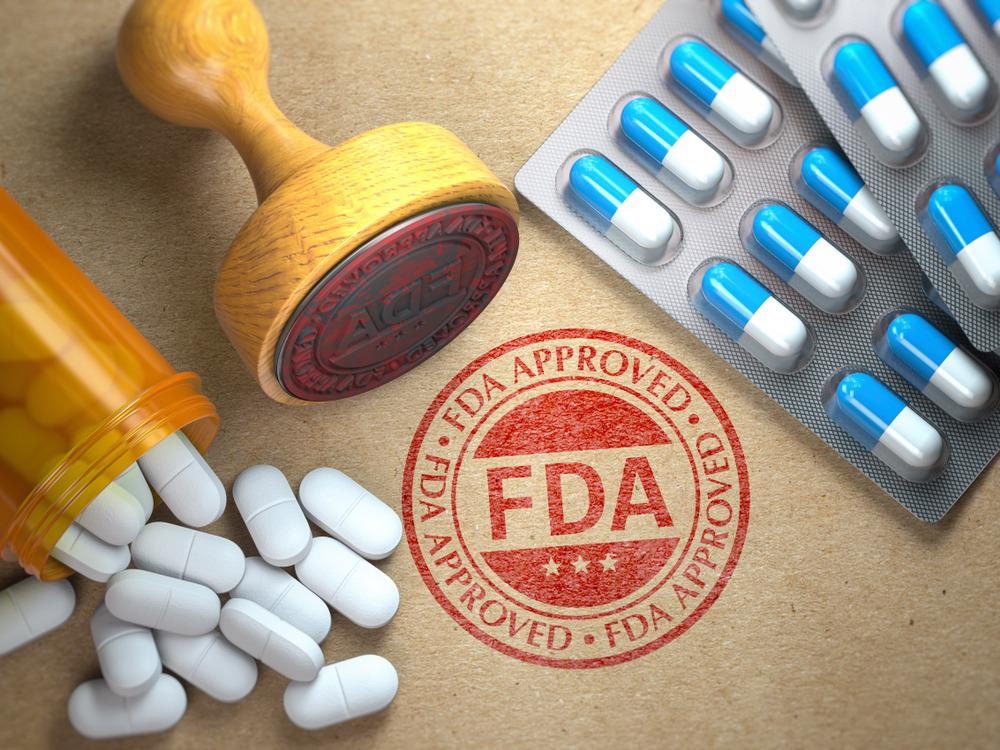What is the drug development process?
On average, around $2.6 billion is spent on developing a drug before it reaches market approval. Very few drugs that are highlighted in the early stages of development as potentially having therapeutic value ever make it to in-human trials and even fewer are approved. While advances in technology and methodology have helped to vastly improve the efficiency, speed, and accuracy of the drug development process, it is still an expensive and time-consuming effort. Drugs usually spend years going through clinical trials before they enter the approval process.
Given the demand for new therapeutics to improve the clinical outcomes and quality of life for patients with a wide range of diseases, there is pressure to speed up drug discovery and development. Technology is helping speed up drug discovery by selecting candidate molecules with higher chances of success but it cannot influence the approval process itself.
Here, we outline the standard drug approval process in the US and highlight what factors could hinder this process. To enhance the efficiency of this stage of the drug development process, emphasis must be given to preventing or managing these factors that slow down approval.

Image Credit: Maxx-Studio/Shutterstock.com
How FDA approval works
In the US, all drugs that are available either by prescription or over-the-counter have gained FDA approval. Without approval, a drug cannot legally enter the market. In brief, FDA approval means that a drug has been reviewed in terms of its efficacy and side effects by the Center for Drug Evaluation and Research (CDER). Given that approval makes a drug available to humans, the process follows a well-established framework to ensure that only effective and safe drugs gain approval.
The first step of the approval process usually involves analyzing the disease the prospective drug is implicated in and reviewing the currently available medicines. With this information, a current treatment landscape is drawn up, which provides context to review the potential benefits and risks of the drug being evaluated. For example, for diseases that currently have no available treatment, the benefits of a new drug may outweigh its potential side effects. In another scenario, a drug with the same benefit/risk profile may be rejected in a landscape where many drugs currently exist which have fewer risks. The efficiency of this part of the approval may be slowed down if the current treatment landscape is complex and there are many treatment options to be considered.
The second phase of the drug approval process involves assessing the benefits and risks of a candidate drug-using clinical trial data. Before applying for FDA approval, a candidate drug will have gone through many clinical trials to obtain safety and efficacy data. This data indicates how safe the drug is in humans, how effective it is, what side effects are associated, and how the drug measures up against the current standard of care. The data is evaluated by FDA reviewers and a decision is made which weighs up the benefits against the risks.
In this phase, the process has the risk of being slowed down if the company developing the drug fails to provide sufficient data (usually the data from a minimum of two, well-designed trials are required). Additionally, if the data collected is incomplete or imperfect it makes the decision process more complicated. To pass on to the next stage, the evidence provided must demonstrate that the benefits of the drug outweigh its risks and uncertainties.
Next, the FDA explores risk management strategies for the candidate drug. Almost all drugs carry some form of risk, and strategies must be imposed to deal with these, should they arise. If management strategies required are simple, such as the development of an FDA-approved drug label that describes the benefits and risks, then this stage can be simple and fast. In the case that more complex management strategies are required, then the drug maker may need to implement a Risk Management and Mitigation Strategy (REMS), to ensure the process isn’t slowed down, the drug maker should be prepared to do so if necessary.
Throughout each stage of the process, the evidence must prove that the benefits outweigh the risks of a candidate drug to gain approval. While much of this process is straightforward, occasionally decisions are difficult to make as benefits and risks are not always clear and data can be challenging to interpret. In this instance, the approval process can be slowed down.
Unfortunately, this is sometimes the nature of the data, it can be complex and there are sometimes many ways to view it and different conclusions can be drawn. Sometimes, the FDA and the drug maker reach different conclusions. To try to ensure that only safe and effective drugs enter the market the FDA utilizes the best scientific and technological information available at the time to make informed, science-based decisions. The process is not always smooth but it is necessary.
Further Reading
Last Updated: Apr 13, 2022